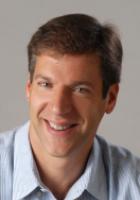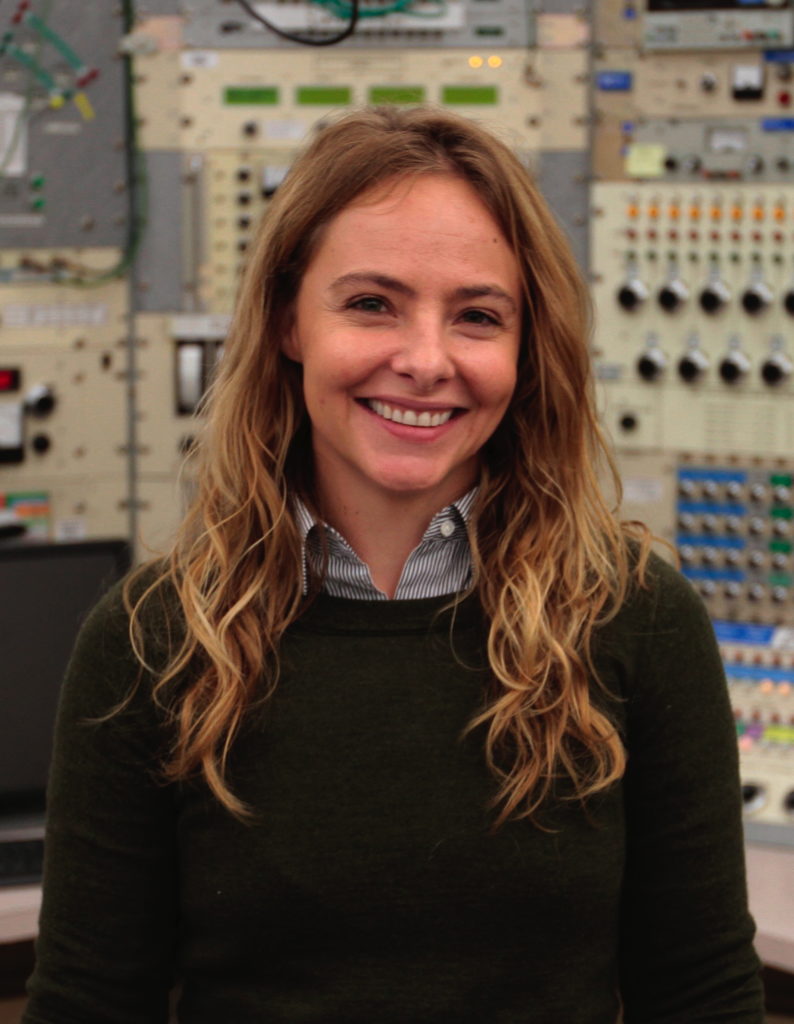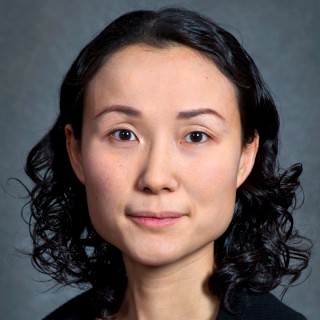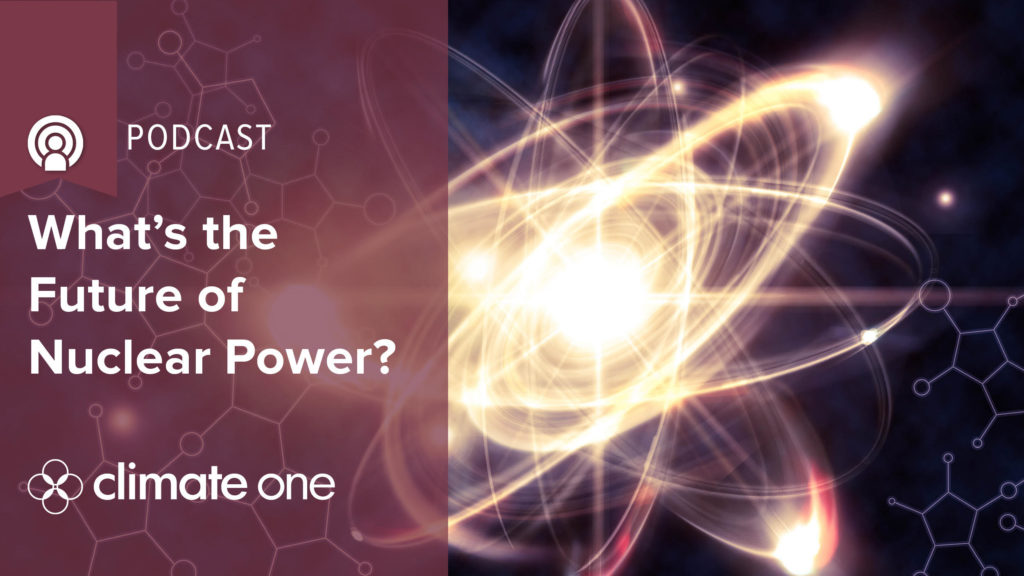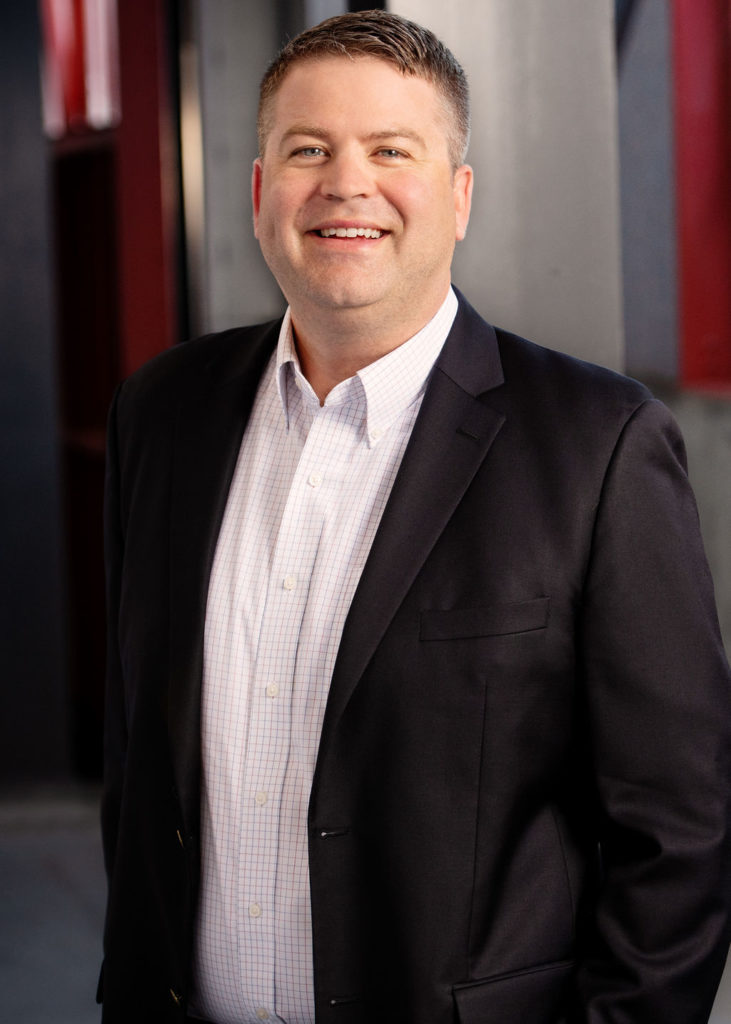Archive for April 2020
Bethany Goldblum to receive 2020 James Corones Award
Bethany Goldblum to Receive 2020 Corones Award April 29, 2020 The Krell Institute has named Bethany Goldblum the recipient of the James Corones Award in Leadership, Community Building, and Communication for 2020. The late James Corones founded Krell, a nonprofit that oversees several DOE graduate fellowship programs, in particular, the DOE National Nuclear Security Administration…
Read MoreDaniel Kammen elected to American Academy of Arts and Sciences
Daniel Kammen elected to American Academy of Arts and Sciences April 23, 2020 Nine UC Berkeley faculty members from a wide range of disciplines have been elected to the American Academy of Arts and Sciences (AAAS), a 240-year-old organization honoring the country’s most accomplished artists, scholars, scientists and leaders. The nine are among 276 new AAAS…
Read MoreNuclear Science for National Security Applications
SPEAKER: BETHANY GOLDBLUM DATE/TIME: MON, 04/20/2020 – 4:00PM TO 5:00PM LOCATION: via ZOOM Spring 2020 Colloquium Series Abstract: While the probability of nuclear exchange may be low, the consequences are undeniably grave. My research focuses on methods to improve nuclear security and nonproliferation while advancing technically-sound policies. Via a series of vignettes, I discuss the three main…
Read MoreWhat sounds scary vs what actually matters: risk perspectives for nuclear waste and contamination (and possibly coronavirus)
SPEAKER: HARUKO WAINWRIGHT DATE/TIME: MON, 04/13/2020 – 4:00PM TO 5:00PM LOCATION: via ZOOM Spring 2020 Colloquium Series Abstract:Environmental concerns – mainly associated with nuclear waste and nuclear accidents – have been one of the biggest bottlenecks for nuclear energy. At the same time, the society has been struggling to assess these risks relative to other hazardous waste, other pollution and…
Read Moreclimate one Podcast, “What’s the Future for Nuclear Power?”
climate one Podcast, “What’s the Future for Nuclear Power?” April 10th, 2020 Guests Per Peterson, Professor of Nuclear Engineering, UC Berkeley Edwin Lyman, Acting Director, Nuclear Safety Project, Union of Concerned Scientists @NucSafetyUCS Ken Farabaugh, Former Employee, Vermont Yankee Jose Reyes, Co-Founder & Chief Technology Officer, NuScale Power @NuScale_Power Jacob Dewitte, CEO, Oklo @jakedewitte @oklo Christine Parthemore, Chief Executive Officer,…
Read MoreKairos Power: From University Conception to Mission-Driven Start-Up
SPEAKER: EDWARD BLANDFORD DATE/TIME: MON, 04/06/2020 – 4:00PM TO 5:00PM LOCATION: via ZOOM Spring 2020 Colloquium Series Abstract: Fluoride-salt cooled, high-temperature reactors (FHRs) combine existing technologies in a novel way, using high-temperature fuels from gas-cooled reactors with a low-pressure molten salt coolant. In the last decade, U.S. national laboratories and universities have addressed key scientific and technical…
Read More
